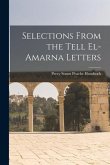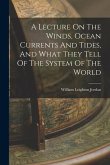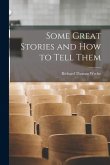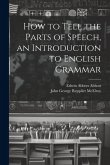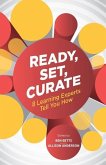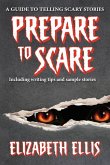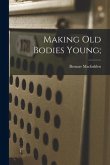2024 SPE Outstanding Book Award Honorable Mention Our Bodies Tell the Story: Using Feminist Research and Friendship to Reimagine Education and Our Lives asks (and answers) a number of critical questions that are key to improving our educational system. How can we use our embodied stories to navigate and disrupt how schools and society reproduce the patriarchy and heteronormativity within our institutions of learning? How do we transgress oppressive boundaries (boundaries cultivated by the patriarchy that have been perpetuated at home, within school, outside of school, in university settings, and in communities) that permit our dehumanization and exclusion? As teachers, professors, and teacher educators, how do we navigate our students' trauma when we are navigating the re-ignition of our own? This book sets out to tell the story of how the authors have tried to answer these questions in their lives and work. It is the story of a friendship, a partnership, a narrative retelling of their "becoming" as girls, teenagers, women, teachers, wives, daughters, scholars, and mothers. From the earliest memories of their gendered and sexualized childhoods to the present navigation of sexism, heteronormativity, and trauma in the context of teaching and schools, these stories reside in their bodies. They recall, construct, and reexamine, emerging from their dialogues--from talking face-to-face, to email, to FB messenger, poetry, and text. Our Bodies Tell the Story centers around the co/autoethnography of personal narratives, stories, and a kind of survival testimonies, the ways in which the authors bore witness to each other's lives. The book extensively uses co/autoethnography as a self-study feminist research methodology that takes autoethnography, "a form of self-representation that complicates cultural norms by seeing autobiography as implicated in larger cultural processes" (Taylor & Coia, 2006, p. 278) and moves it beyond the singular to the plural. Using this methodology enables the authors to interweave their stories through dialogue, so that validity, insight, and analysis all emerge in the text. The book investigates the self within the social context of personal relationships, as well as the larger society. Creating a co/autoethnography is a rich, multi-layered endeavor because it is not conducted in a vacuum. As such, it is an important book for faculty and researchers involved in a number of disciplines, including auto/ethnographic research, gender studies, women's studies, feminist studies, qualitative research and many other areas of study. Perfect for courses such as: Gender and Education │ Public Purposes of Schooling │ Introduction to Gender, Sexuality, and Women's Studies │ Critical Feminisms in Teacher Education │ Gender Issues in Teacher Education
Hinweis: Dieser Artikel kann nur an eine deutsche Lieferadresse ausgeliefert werden.
Hinweis: Dieser Artikel kann nur an eine deutsche Lieferadresse ausgeliefert werden.


